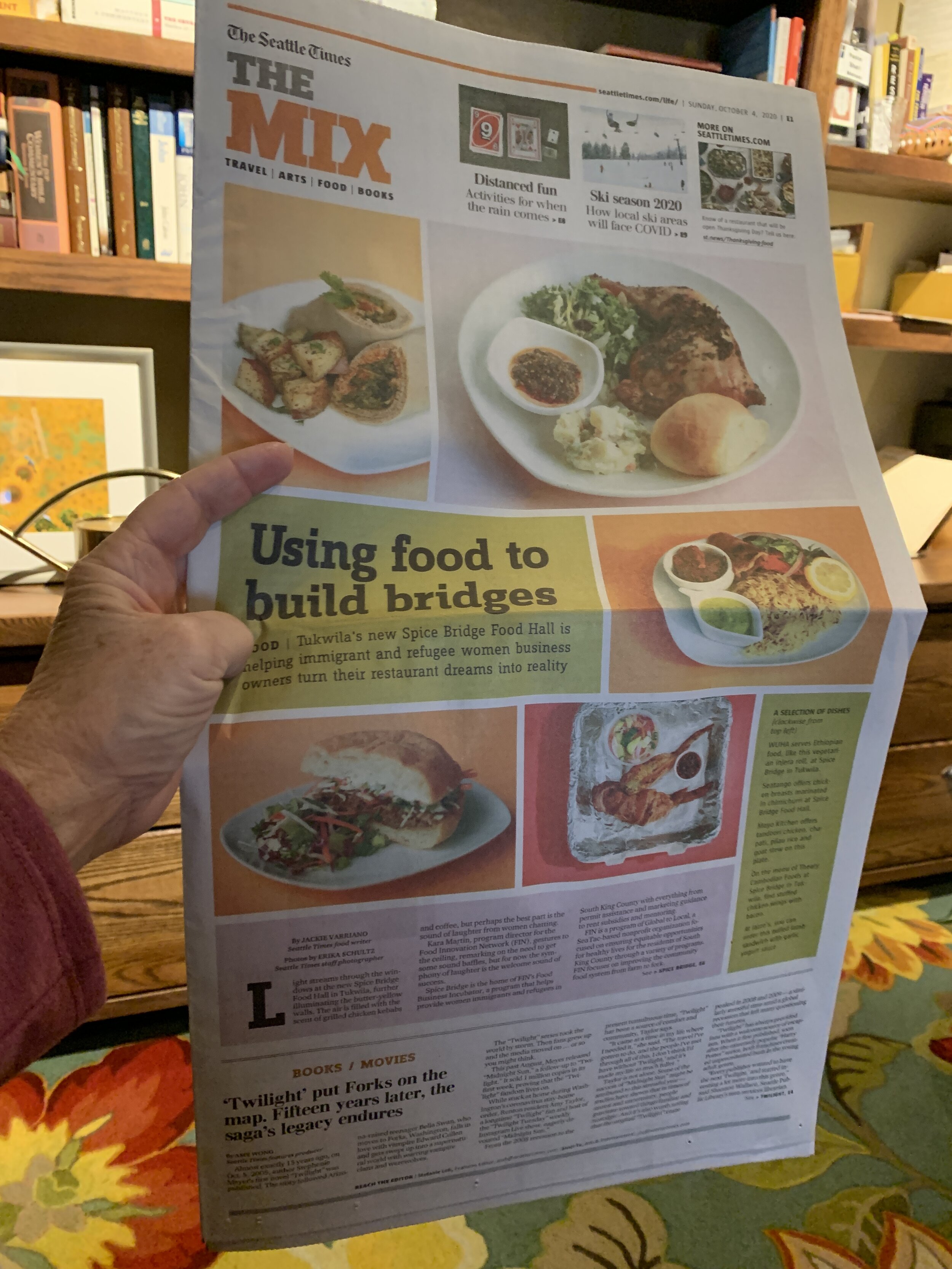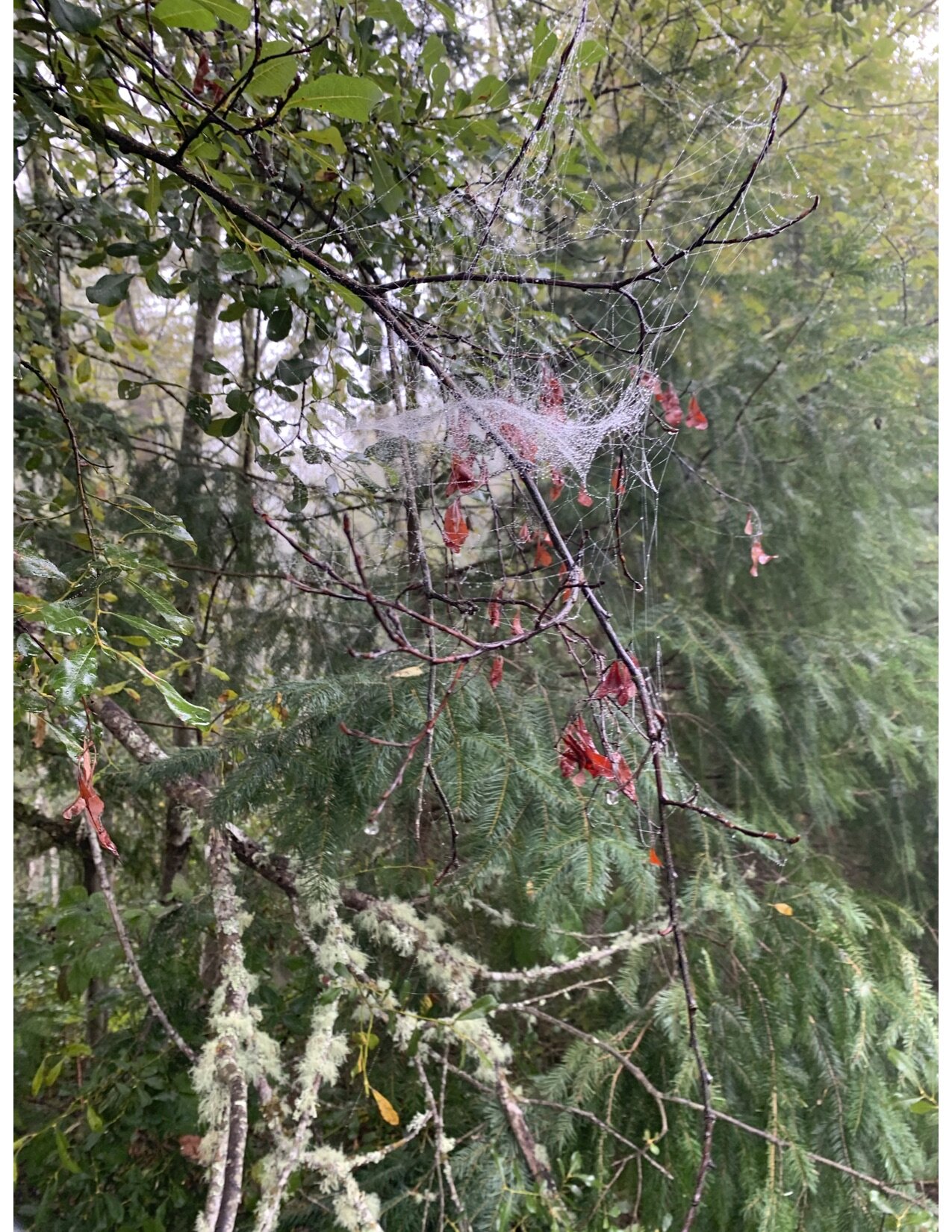What Interim Pastors Do Next
You’re three months into your call to serve as intentional interim pastor. The signatures on notes of welcome are now names with faces you easily recall. Your calendar is beginning to fill with a predictable pattern of meetings with stakeholders. Setting the security alarm no longer scares you. At least a year’s worth of session (board) minutes, church newsletters, and other necessities have been bookmarked. Families with generational impact know you. An intricate web of relationships is beginning to emerge in your minds eye. What do you do next?
Dust off your familiarity with family systems theory? Invite listening groups to share stories about the history of this church and its ministries? Query the staff about their hopes for the future? Expand your collection of local eatery menus? Yes. In good time.
But first, make sure you and the governing board, in my case the session, have worked out mutual expectations about the focus of your time and energy. Corporate worship, staff leadership, and pastoral care are self evident. Learning to recognize the influence of ‘shadow sessions’ and other unorthodox power brokers is mission critical. Don’t be surprised by attempts to undermine your leadership. It’s going to happen. Your task in this season is to begin to identify trustworthy guides to help you navigate. Consider writing your observations in a report.
Are there topics no one wishes to talk about? Was the kitchen once painted a color the cooks could not stomach? Is the baptismal font hard to locate? Are job descriptions out of date? Has it been a decade or more since there was a Confirmation class for youth? Does the nominating committee meet without inviting the pastor to attend? Does it smell funny in the nursery? Are elders less-than-eager to participate in Presbytery/mid council or ecuemnical endevors? Be curious. Ask lots of questions. Stay attentive what does not sit well with you. This is a season for observation, curiosity, and listening.
Equally important, notice what type of things people are eager to roll up their sleeves and get done. Lend support. Cheer them on. Early collaborative wins matter. Is the beloved annual bake sale likely to become another casualty of the pandemic? Does it need to be? Could it be hosted online? Might recipes of favorite delicacies be raffled instead? Is contact free delivery an option? At my current church the annual harvest dinner is being transformed into a gala event held outdoors. Adaptive change begins with small steps in a new direction.
Resources for pastor in this season: for pastors drawn to research methods “Ethnography as a Pastoral Practice: an Introduction” by Mary Clark Moschella (2008, The Pilgrim Press), for pastors inclined to work with a coach “Entering Wonderland: A Toolkit for Pastors New to a Church ” by Robert A. Harris (2014, Alban Institute), for pastors leading adaptive change “Canoeing the Mountains: Christian Leadership in Uncharted Territory” by Tod Bolsinger (2015, IVP Books), for pastors leading churches who honestly want to know what to do to attract young people “Growing Young: 6 Essential Strategies to Help Young People Discover and Love Your Church” by Kara Powell, Jake Mulder, and Brad Griffin (2016, Baker Books).
What does this season look like in your neck of the woods?






